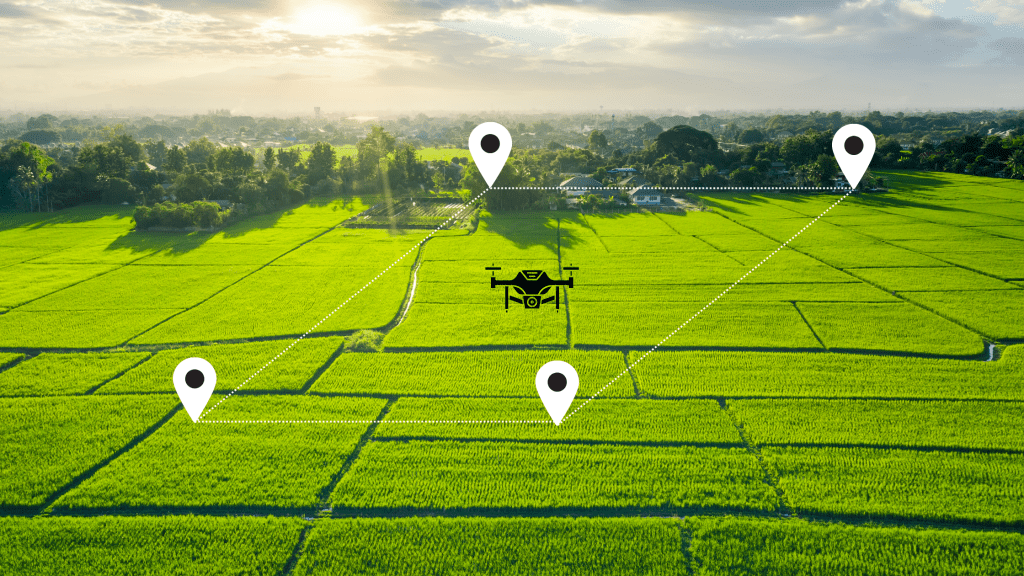23
Jul
Harnessing AI to Revolutionize the Land Sector in Ghana
As technology continues to advance at an unprecedented pace, a question has emerged: How can Artificial Intelligence (AI) improve the complex landscape of the land sector in Ghana, particularly considering its unique land tenure system and associated challenges?AI, a field of computer science where machines simulate human intelligence, could hold...



